
Todclav CV Oral Suspension
Manufacturer
Zalman Life Sciences
Salt Composition
Amoxycillin (80mg) + Clavulanic Acid (11.4mg)
Key Information
Short Description
Todclav CV Oral Suspension is an antibiotic medicine that helps treat bacterial infections of the ear, nose, throat, chest, lungs, teeth, skin, and urinary tract.
Dosage Form
Oral Suspension
Introduction
Todclav CV Oral Suspension is an antibiotic medicine that helps treat bacterial infections of the ear, nose, throat, chest, lungs, teeth, skin, and urinary tract. It is capable of killing bacteria that have become resistant to other therapies.
Directions for Use
Your child must complete the entire course of antibiotics. Stopping too soon may cause the bacteria to multiply again
Safety Information
Side Effects
No common side effects listed.
How it works
Todclav CV Oral Suspension is an antibiotic. It has two active agents amoxycillin and clavulanic acid. Amoxycillin works by preventing the formation of the bacterial protective covering (cell wall) essential for the survival of the bacteria. Whereas clavulanic acid serves a special purpose of inhibiting an enzyme (beta-lactamase) that is produced by resistant bacteria. This makes the combination of amoxycillin and clavulanic acid an effective line of treatment for many types of infections.
Quick Tips
Your child must complete the entire course of antibiotics. Stopping too soon may cause the bacteria to multiply again Your child may have a bitter taste in the mouth after the intake of Todclav CV Oral Suspension. Eating citrus fruit or sipping plenty of water or fruit juice may help. Encourage your child to drink plenty of water in case diarrhea develops as a side effect. Never give Todclav CV Oral Suspension until and unless prescribed by the doctor. Do not give Todclav CV Oral Suspension to treat common cold and flu-like symptoms caused by viruses.
Related Medicines
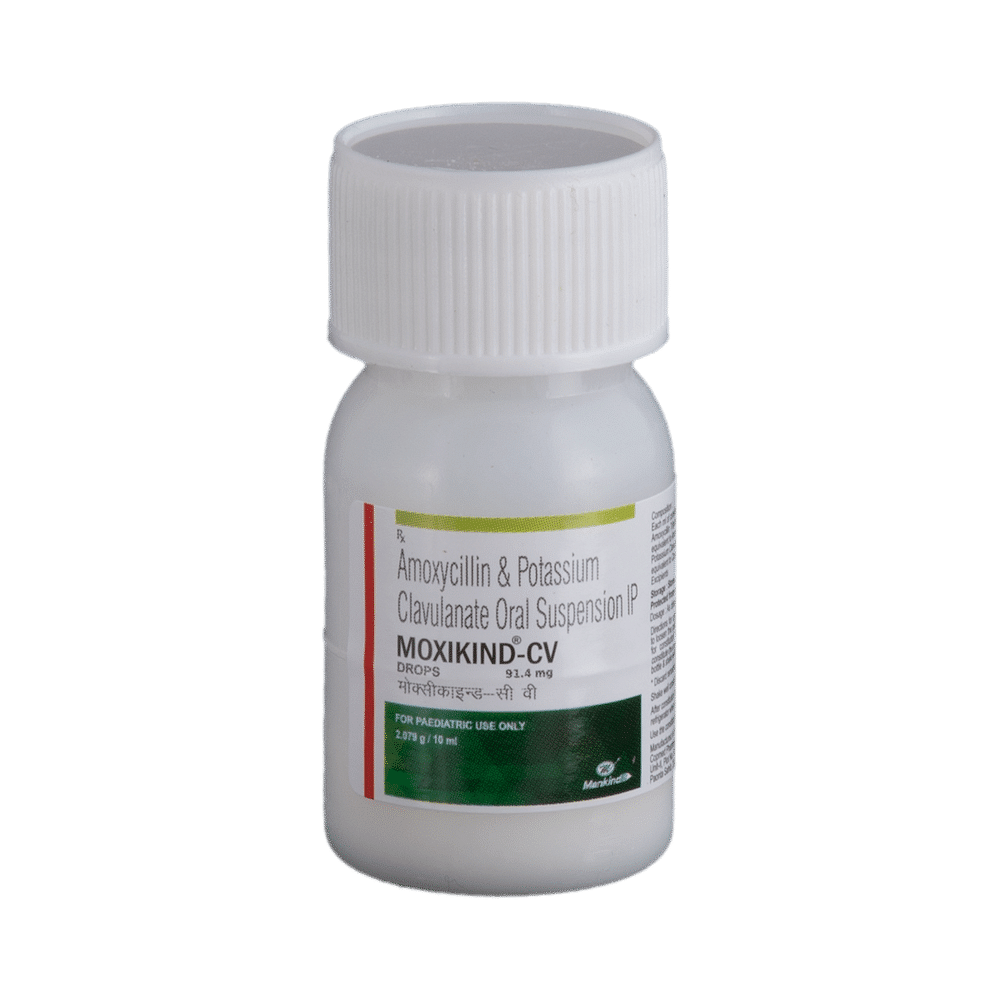
Moxikind-CV Drop

Clavucillin Nano Drop
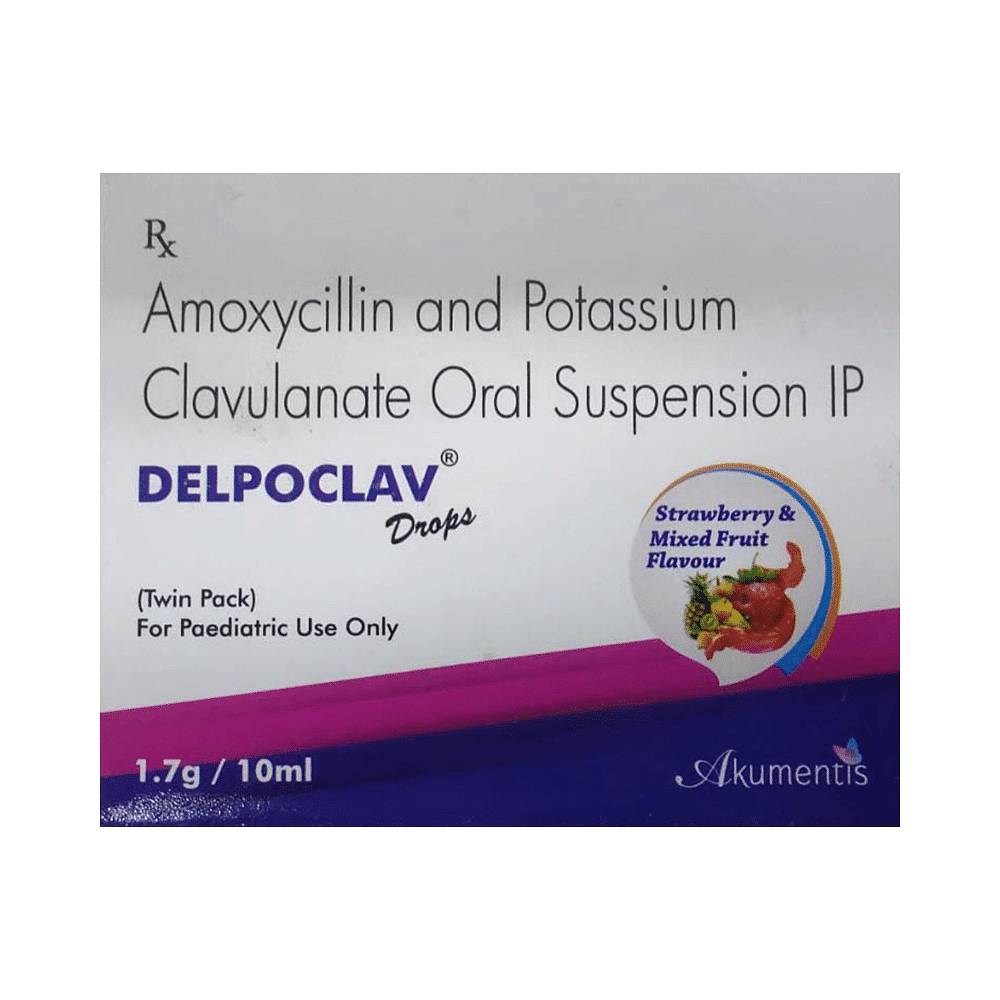
Delpoclav Oral Drop Strawberry & Mixed Fruit
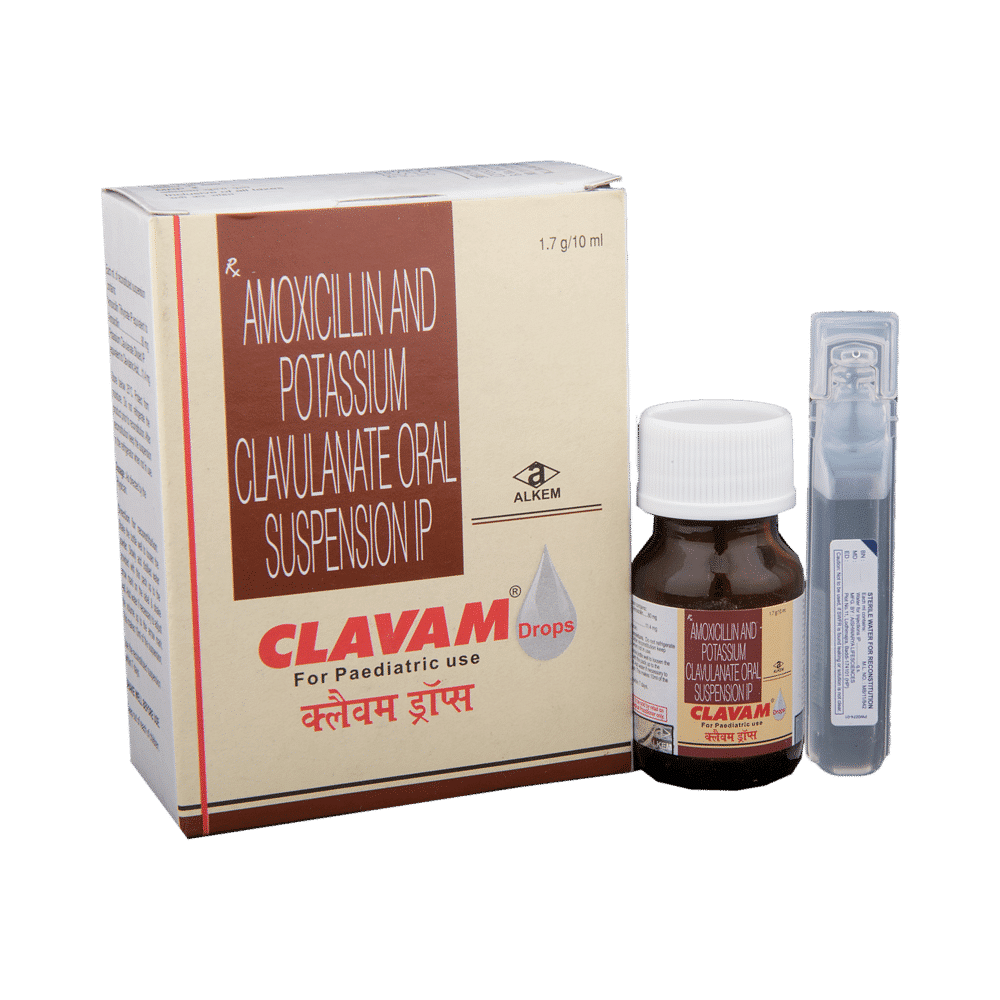
Clavam Paediatric Oral Suspension
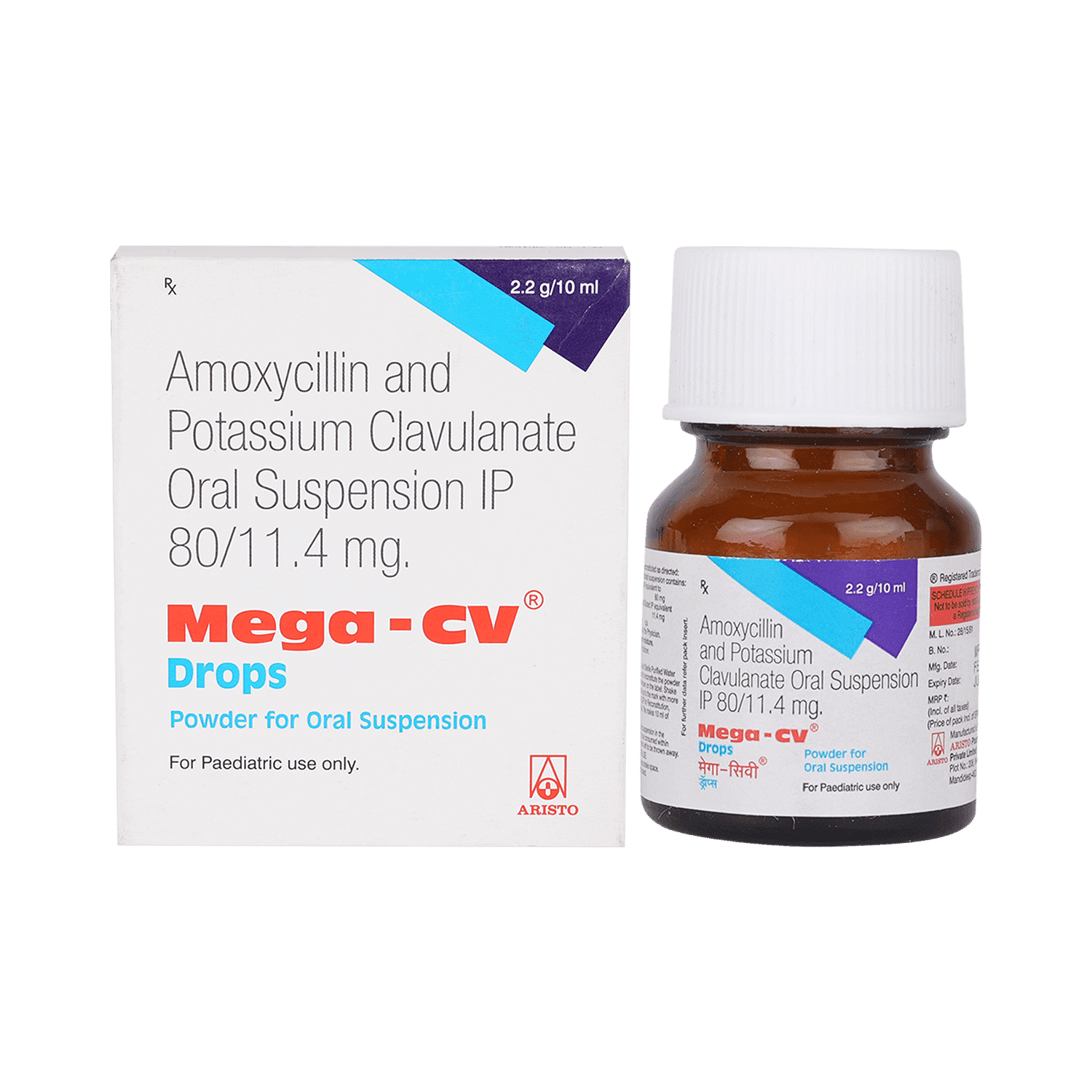
Mega-CV Drops
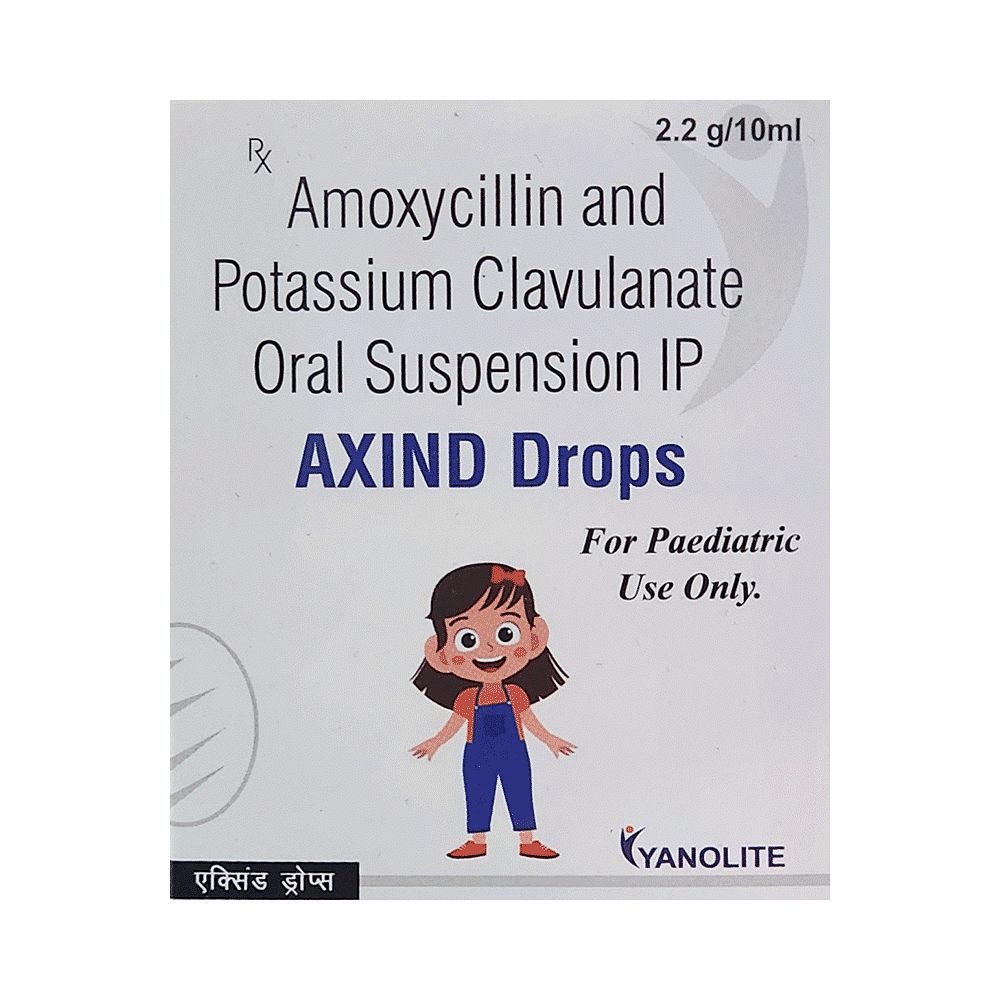
Axind Drop
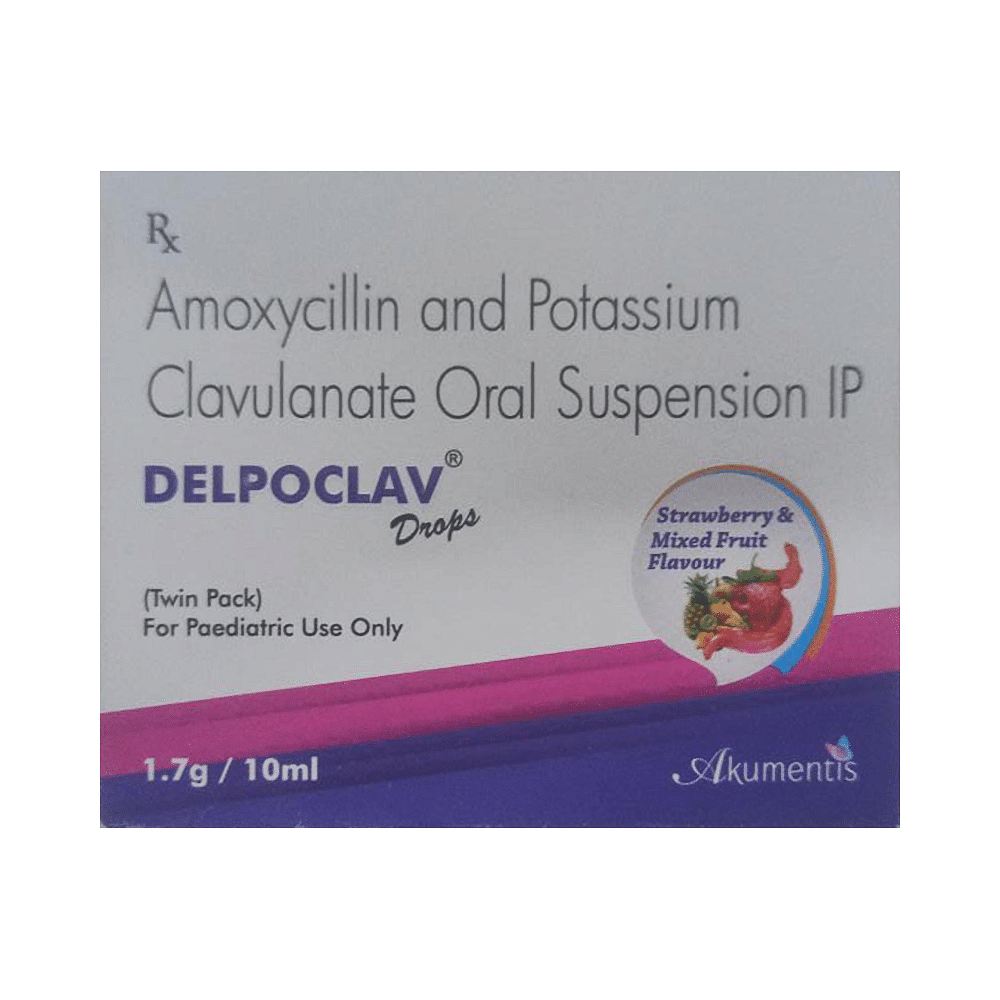
Delpoclav Oral Suspension

Bactoclav Drops
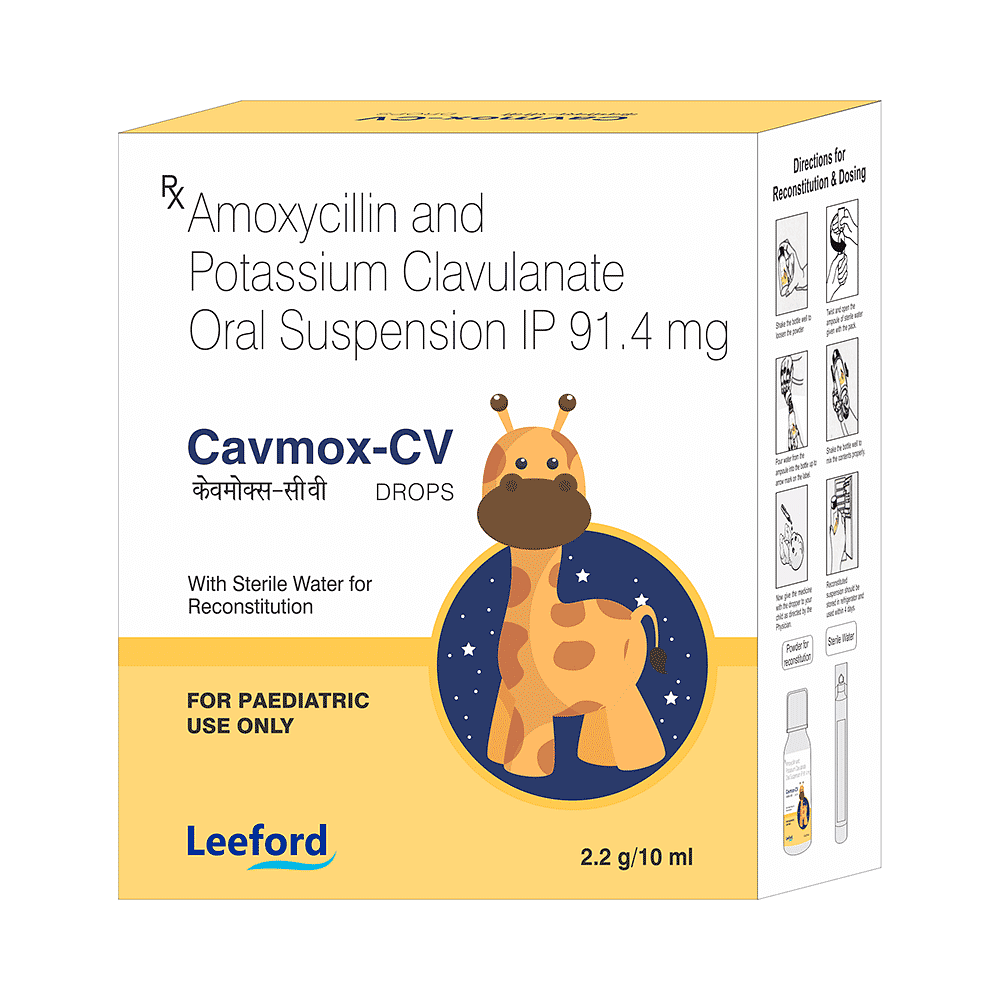
Cavmox-CV Drop
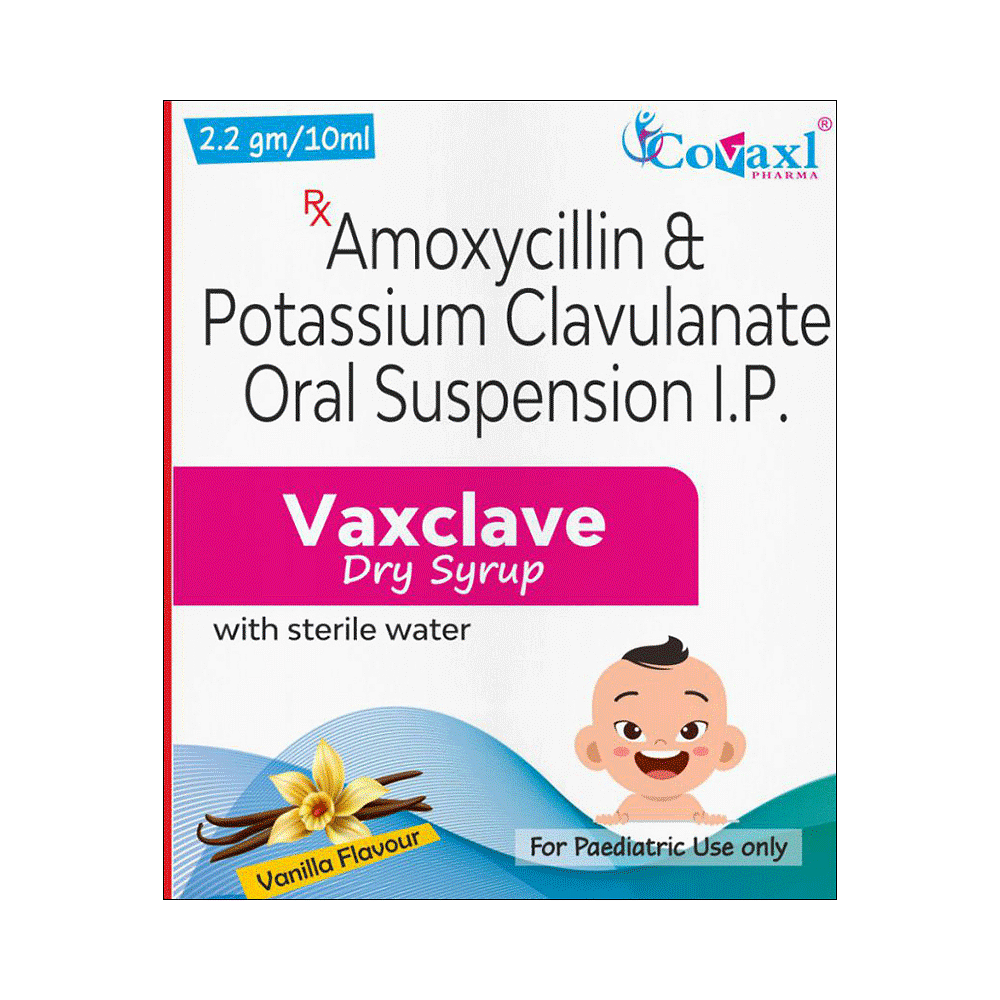
Vaxclave Dry Syrup Vanilla
Frequently asked questions
Can other medicines be taken at the same time as Todclav CV Oral Suspension?
It's crucial to inform your child's doctor about any other medications they are currently taking before starting Todclav CV Oral Suspension. This helps ensure safe and effective medication combinations. Additionally, always consult with a healthcare professional regarding administration of any medicine to your child.
Can I get my child vaccinated while on treatment with Todclav CV Oral Suspension?
Generally, antibiotics do not interfere with the ingredients in vaccines or cause adverse reactions in children who have recently been vaccinated. However, it is recommended that your child receive a vaccine after recovering from any illness unless specifically advised otherwise by their doctor.
Which lab tests may my child undergo while taking Todclav CV Oral Suspension on a long-term basis?
Periodically, the doctor might order kidney and liver function tests to monitor your child's condition during prolonged therapy with Todclav CV Oral Suspension.
Can I give a higher than the recommended dose of Todclav CV Oral Suspension to my child?
Giving a higher dose of this medicine can increase the risk of side effects. If your child's symptoms worsen, contact their doctor for re-evaluation.
Can I stop giving Todclav CV Oral Suspension to my child when the symptoms are relieved?
Do not discontinue this medication until the prescribed course is completed. Even if you notice symptom improvement, it may be because the infection is still partially active and completing the full course will ensure a complete recovery.
Can the use of Todclav CV Oral Suspension cause diarrhea?
Yes, Todclav CV Oral Suspension can sometimes lead to diarrhea. This is because the medicine works by killing harmful bacteria and may also affect the good bacteria in your child's stomach.
Do all viral common colds result in secondary bacterial infection?
Viral infections typically do not lead to bacterial infections, unless there is a pre-existing condition. It's important to remember that antibiotics are only effective against bacterial infections and should be used only after consultation with your child's doctor.
The mucus coming out of my child’s nose is yellow-green. Is it a sign of a bacterial infection?
Yellow or green mucus in the nose is not necessarily an indication of a bacterial infection, especially during a common cold. This change in mucus consistency is often normal and can occur as a part of the body's natural healing process.
Is there any sign which shows that my child needs immediate medical attention?
Contact your child's doctor immediately if they experience severe allergic reactions (breathing difficulties, skin rashes), gastrointestinal distress (diarrhea), or signs of liver damage (weakness, paleness, vomiting). While rare, these potential side effects require prompt medical care.


